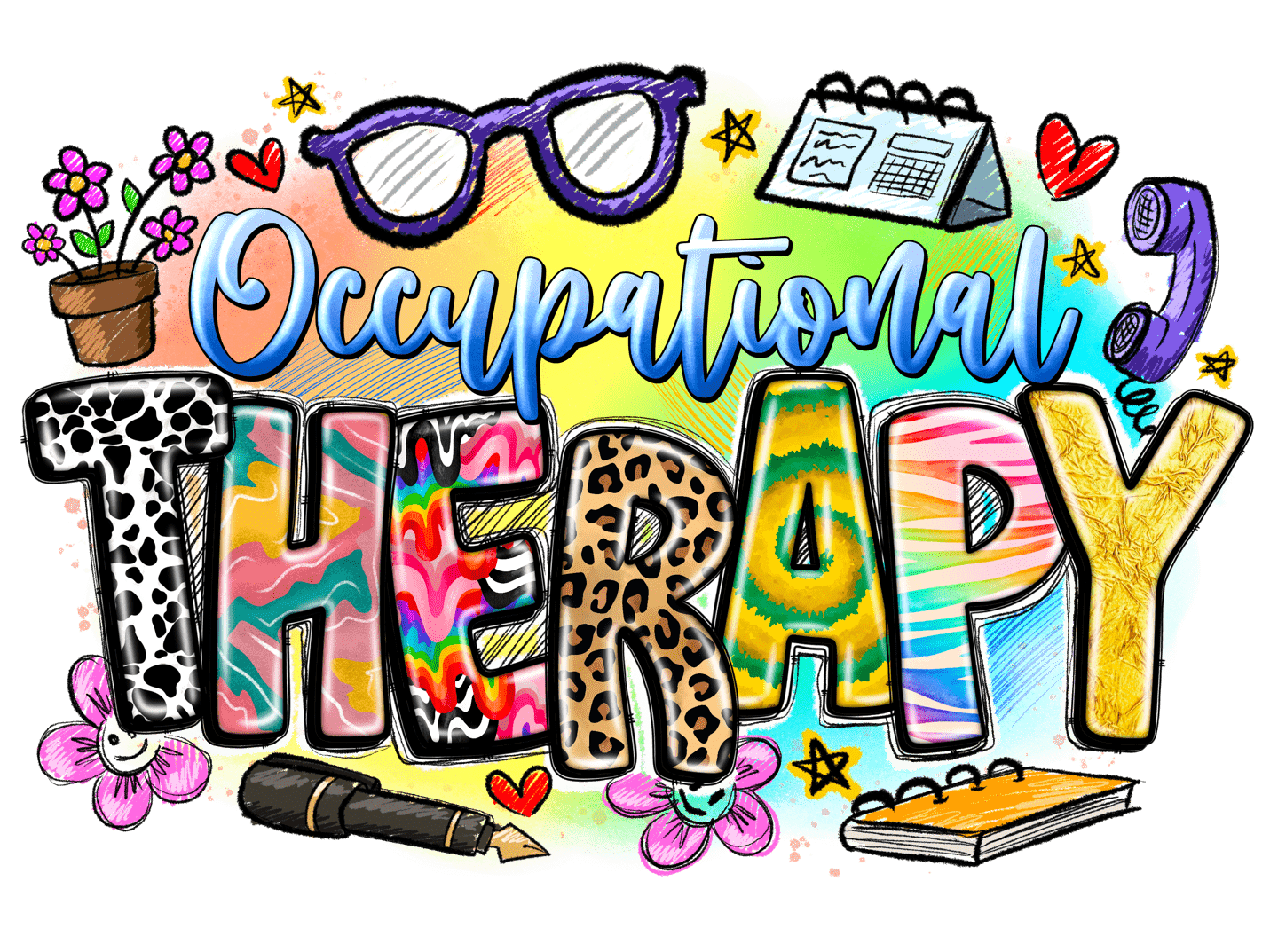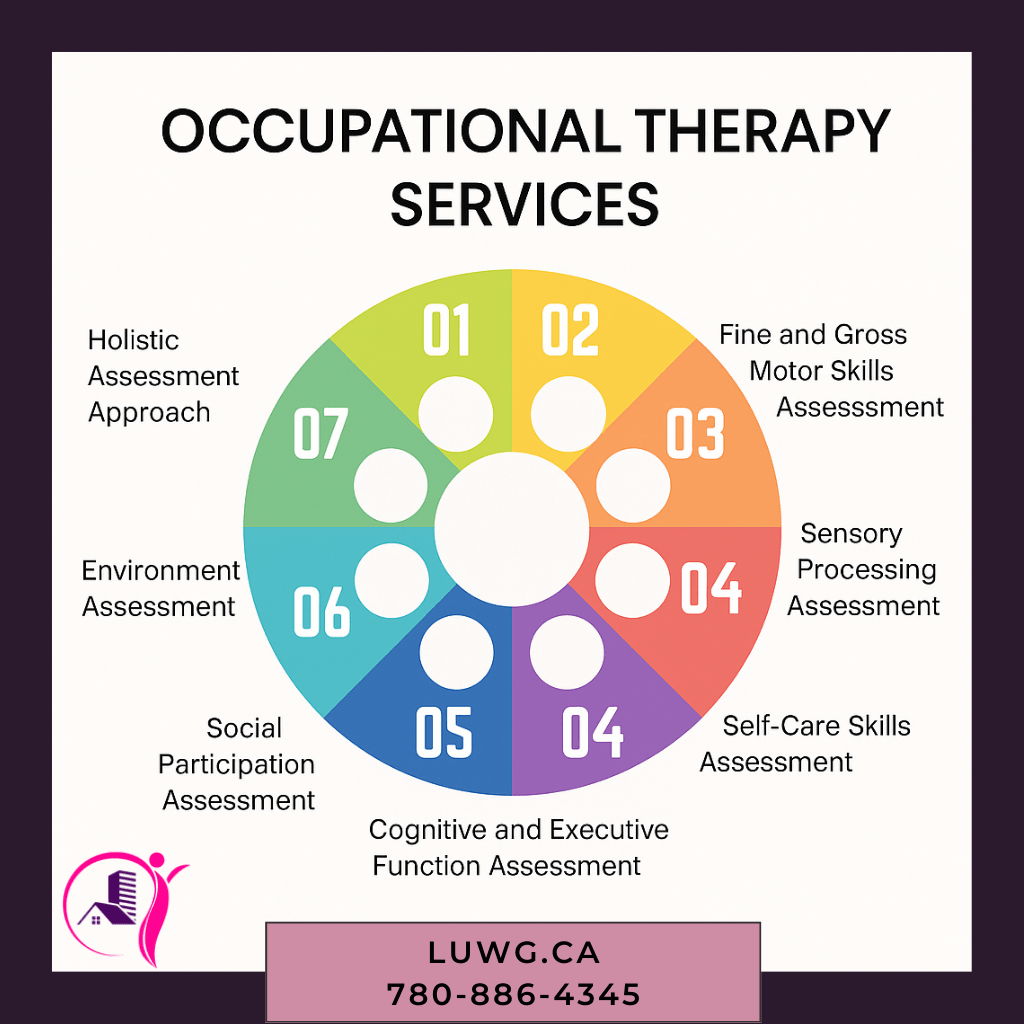Supporting Children, Teens, and Adults Through Holistic Mental Health-Oriented Care
At Level Up Wellness Group (LUWG), our Occupational Therapy (OT) services are grounded in a compassionate, strengths-based, and evidence-informed approach. We support individuals across the lifespan—helping children, adolescents, and adults build the functional, cognitive, sensory, and emotional skills they need to participate fully in home, school, work, and community life.
Whether you’re seeking support for a child struggling with sensory overload, a teen navigating academic and emotional challenges, or an adult coping with executive dysfunction and burnout, our experienced mental health-focused OTs are here to help.



